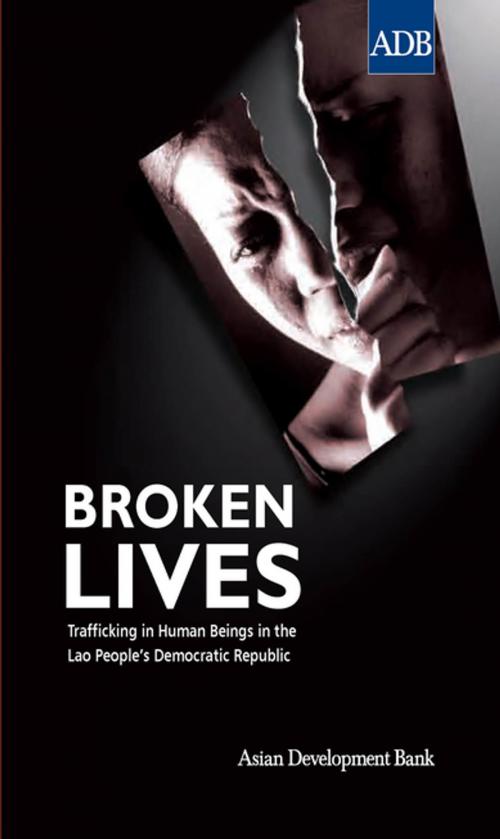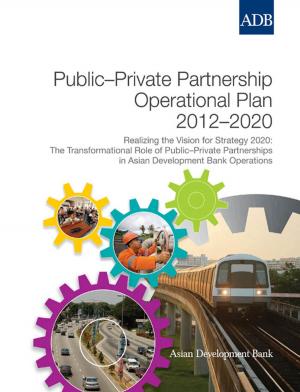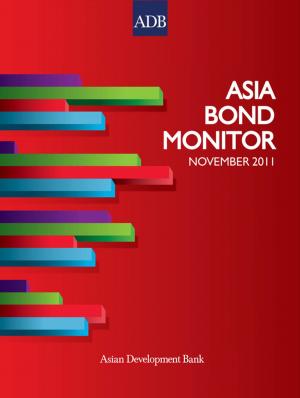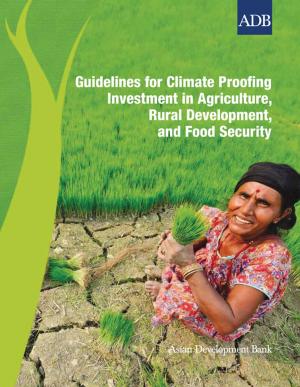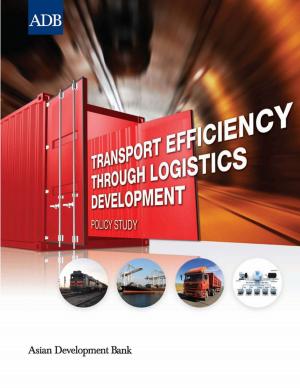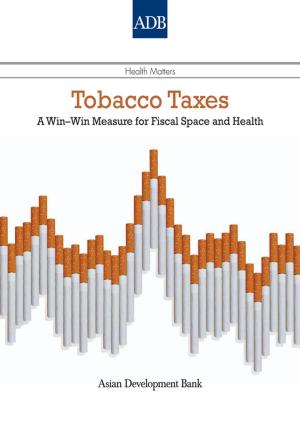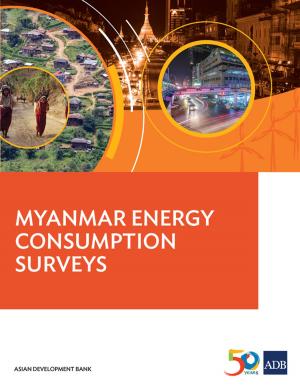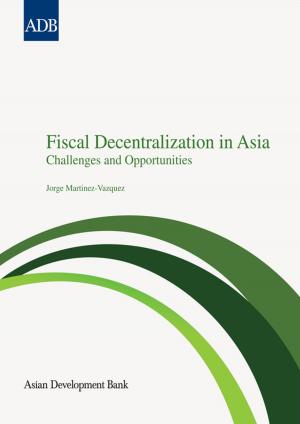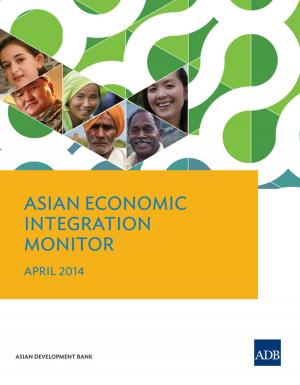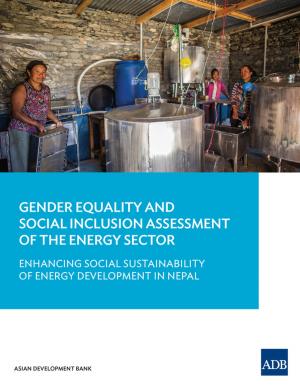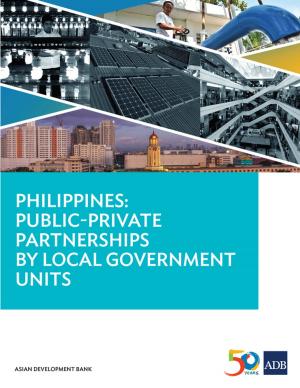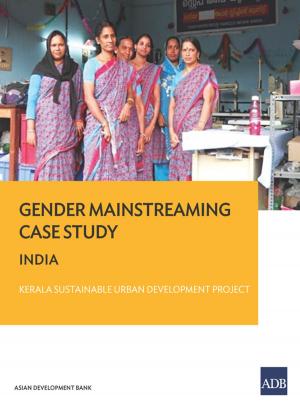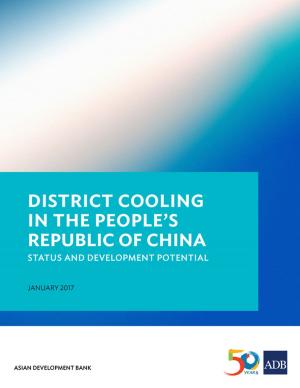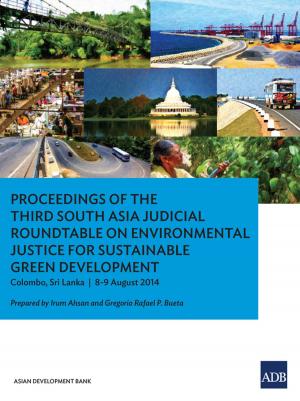Broken Lives
Trafficking in Human Beings in Lao People's Democratic Republic
Nonfiction, Social & Cultural Studies, Political Science, Politics, Social Security, Social Science| Author: | Asian Development Bank | ISBN: | 9789292546984 |
| Publisher: | Asian Development Bank | Publication: | December 1, 2009 |
| Imprint: | Asian Development Bank | Language: | English |
| Author: | Asian Development Bank |
| ISBN: | 9789292546984 |
| Publisher: | Asian Development Bank |
| Publication: | December 1, 2009 |
| Imprint: | Asian Development Bank |
| Language: | English |
This study takes a hard look at human trafficking in the northern region of the Lao People's Democratic Republic (Lao PDR) in the context of rapid economic and social change. The Lao PDR is made up of close to 49 main ethnic groups and up to 160 subgroups. Rapid economic growth and infrastructure development have differing effects on different ethnicities; increased out-migration and mobility for some, social disruption for others when the integrity of cultural roles and norms is compromised. Some ethnic groups adapt; others become more vulnerable to migration and human trafficking activities. Relocation, whether voluntary or involuntary, appears to increase the risk of cultural disruption and migration, often leading to trafficking. The study uses ethnicity and social conditions to understand what motivates migration and creates vulnerability, making a strong case for greater attention to culture and ethnicity when designing development policy and programs. It provides analysis and recommendations aimed at mitigating the increased vulnerability of ethnic groups to trafficking on account of loss of traditional livelihoods and cultural norms. It suggests that the key lies not only in providing an enabling environment for government agencies to trust local knowledge but also in getting the government to set good examples and earn the trust of villagers, especially members of ethnic minorities.
This study takes a hard look at human trafficking in the northern region of the Lao People's Democratic Republic (Lao PDR) in the context of rapid economic and social change. The Lao PDR is made up of close to 49 main ethnic groups and up to 160 subgroups. Rapid economic growth and infrastructure development have differing effects on different ethnicities; increased out-migration and mobility for some, social disruption for others when the integrity of cultural roles and norms is compromised. Some ethnic groups adapt; others become more vulnerable to migration and human trafficking activities. Relocation, whether voluntary or involuntary, appears to increase the risk of cultural disruption and migration, often leading to trafficking. The study uses ethnicity and social conditions to understand what motivates migration and creates vulnerability, making a strong case for greater attention to culture and ethnicity when designing development policy and programs. It provides analysis and recommendations aimed at mitigating the increased vulnerability of ethnic groups to trafficking on account of loss of traditional livelihoods and cultural norms. It suggests that the key lies not only in providing an enabling environment for government agencies to trust local knowledge but also in getting the government to set good examples and earn the trust of villagers, especially members of ethnic minorities.
